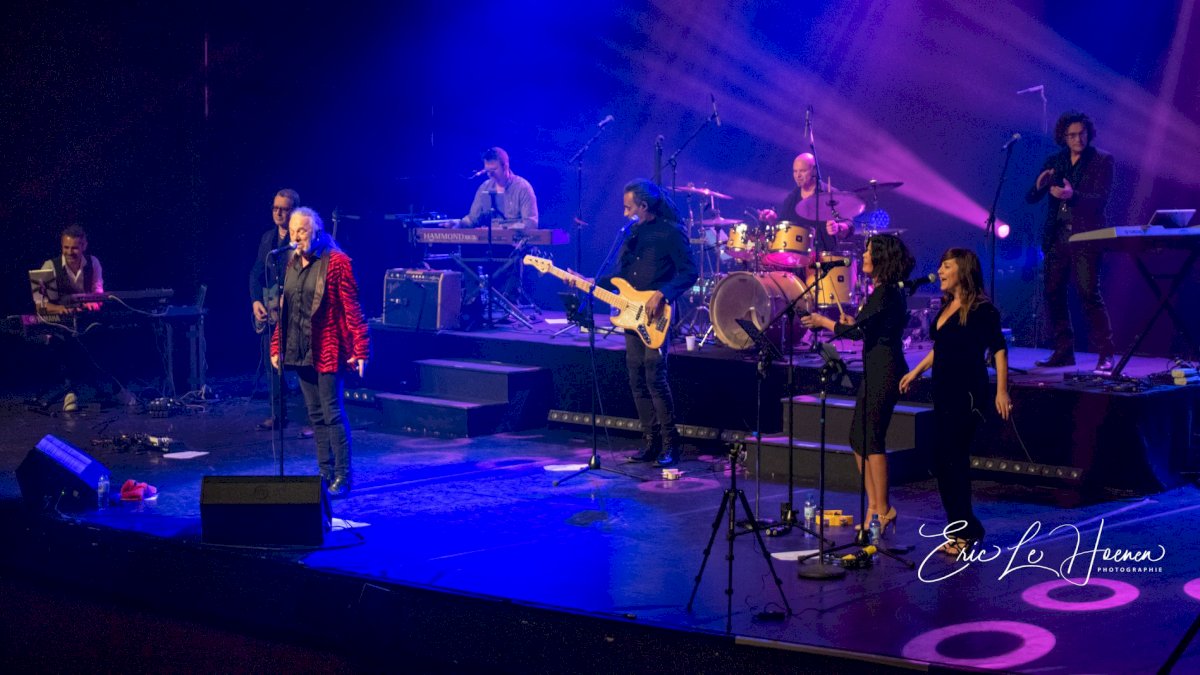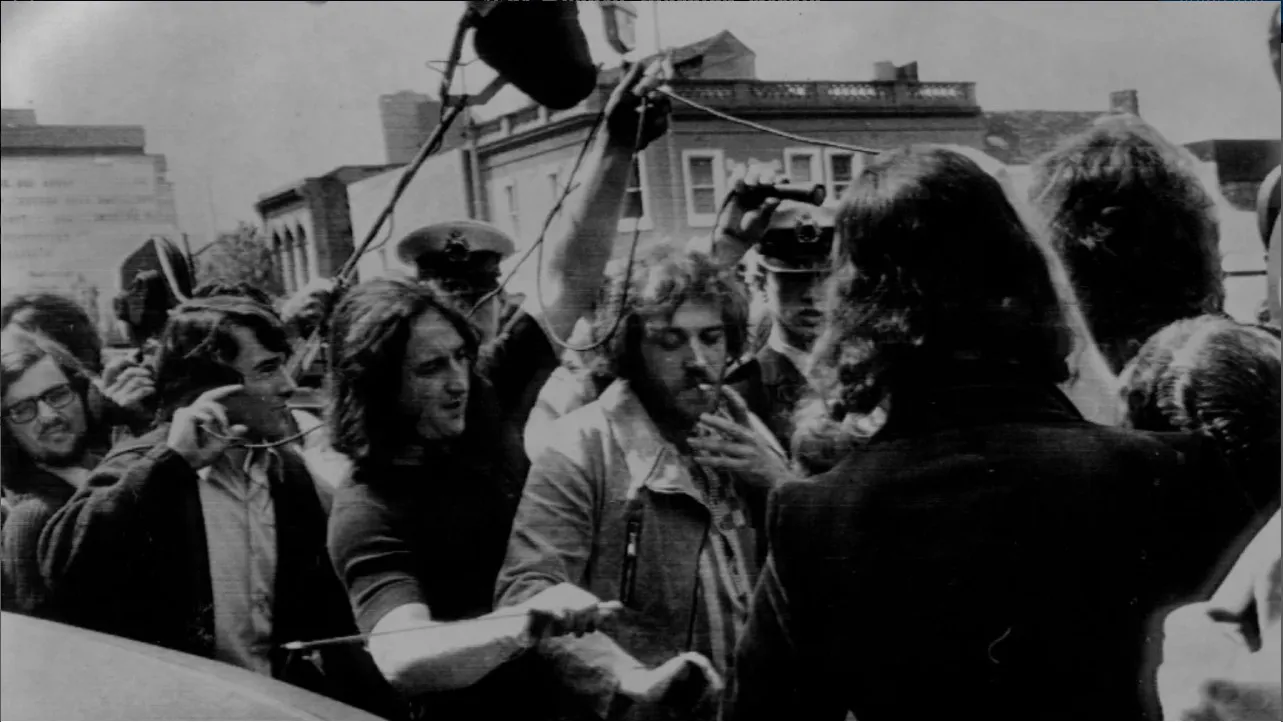Let me tell you the secret formula for the perfect rock ’n’ roll voice. You mix up English working-class gruffness with African-American soul from the Deep South. You spice it with blues and skiffle music, and pickle it in alcohol and tobacco smoke. Like sushi, it must be served raw, very raw. Unlike a fine wine, it doesn’t soften with age.

I see that I’m describing the voice of Joe Cocker, and rightfully so. On my short list of the great rock voices of all time, he is battling for the top spot with Mick Jagger. And Jagger, let’s be honest, is as much a spectacle as a voice, more a performance artist than singer with the band. Jagger could do mime and still have a hit video. Cocker, by contrast, was always a rock singer, without frills or apologies. For pure rock ’n’ roll vocal nastiness, for a sound that cuts through even the cheapest car radio and demands your immediate, uneasy attention, you can’t surpass Joe Cocker.

He’s gone now, dead at age 70, a victim of lung cancer, but he leaves behind a rich musical legacy. Where do I start? He is my favorite Woodstock artist, the highlight of the entire festival. He could sing Beatles songs with as much authenticity as the Liverpool lads themselves—and sometimes with even more fervor. He could rock with the best of them or probe the depths of a slow ballad, as on his hit single “You Are So Beautiful”—a song I learned to play on piano back in my high school days but never dared sing. Who could even come close to Joe Cocker’s version?

Cocker received many awards over the years. Even the queen saw fit to honor him with the Order of the British Empire at Buckingham Palace in 2008. He also earned a Grammy and platinum record for “Up Where We Belong.” But, strange to say, Cocker never got inducted in the Rock and Roll Hall of Fame. What a sad commentary on the way these honors are decided! I’m sure many inductees in the hall learned much of their own craft from Cocker’s example, but how many could live up to the example he set?

Cocker also learned by studying his predecessors. His debt to Ray Charles has often been noted. I’ve even heard people complain that Cocker was just an imitator of Charles. But that misses the whole point of rock ’n’ roll in general and Cocker in particular. When Cocker took on board the black American ethos, he turned it into something completely different. Honestly, I don’t think Cocker was even capable of doing a straight imitation of Charles. He added a huge dose of homemade grit and British rough-and-tumble to the sound of the American South and turned it into something unique and irreducible to pre-existing influences.

John Robert Cocker was born on May 20, 1944, in Sheffield, South Yorkshire. It was a gloomy time and place to come of age. As a major source for steel during World War II, Sheffield was a frequent target of bombing raids. The war soon ended, but the steel and mining industries, which served as major employers in the region, would eventually fall prey to encroaching global competition. Cocker, for his part, worked briefly as an apprentice gasfitter but decided to take the plunge into the world of commercial music. He first caught the attention of music fans with his emotionally charged cover versions of American rock and soul tunes while with Vance Arnold and the Avengers, but soon Cocker was recording and performing under his own name.

The unexpected passion of American teens for English rock bands in the 1960s provided opportunities for a whole generation of British musicians. Cocker became an international star in the late 1960s, showing up everywhere from Woodstock to The Ed Sullivan Show. His version of “With a Little Help From My Friends” is still revving up listeners so many years later, via radio or streaming, just as it did at Max Yasgur’s farm in 1969. Cocker followed up in the 1970s with Mad Dogs and Englishmen, a classic blues-rock ensemble which found the singer joined by a large cast of collaborators, including keyboardist Leon Russell.

Even back then Cocker’s health was precarious and his private life troubled. When you heard news about him, it might be for his music, or for an arrest, or his battles with alcoholism and his struggles to say sober enough to meet commitments on the road or in the studio. But Cocker proved to be a survivor, bringing his passionate persona to concert halls around the world decade after decade. He released his last studio album, Fire It Up, in 2012, and showed he still had that in-the-moment vitality that had made him famous almost a half-century before.

Just a few weeks ago, Billy Joel interrupted a performance at Madison Square Garden to remind us of Cocker’s legacy. Noting that the illustrious singer was “not very well now,” Joel made a public plea for Cocker’s inclusion in the Rock and Roll Hall of Fame. How fitting that Joe Cocker would get a little help from his friend Billy Joel. And I can only second this motion. Induction would be a fitting gesture, even now when the honor would be posthumous. But the real puzzle is why it didn’t happen long, long ago.



-1696932383x1024.jpg)